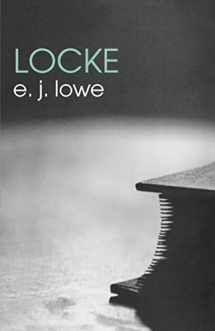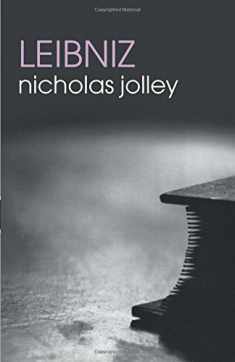
Locke (The Routledge Philosophers)
Book details
Summary
Description
John Locke (1632-1704) was one of the towering philosophers of the Enlightenment and arguably the greatest English philosopher. Many assumptions we now take for granted, about liberty, knowledge and government, come from Locke and his most influential works, An Essay Concerning Human Understanding and Two Treatises of Government.
In this superb introduction to Locke's thought, E.J. Lowe covers all the major aspects of his philosophy. Whilst sensitive to the seventeenth-century background to Locke's thought, he concentrates on introducing and assessing Locke in a contemporary philosophical setting, explaining why he is so important today.
Beginning with a helpful overview of Locke's life and times, he explains how Locke challenged the idea that the human mind and knowledge of the external world rested on innate principles, laying the philosophical foundations of empiricism later taken up by Berkeley and Hume.
Subsequent chapters introduce and critically assess topics fundamental to understanding Locke: his theories of substance and identity, language and meaning, philosophy of action and free will, and political freedom and toleration. In doing so, he explains some of the more complex yet pivotal aspects of Locke's thought, such as his theory that language rests on ideas and how Locke's theory of personal identity paved the way for modern empirical psychology. A final chapter assesses Locke's legacy, and the book includes a helpful chronology of Locke's life and glossary of unfamiliar terms.


We would LOVE it if you could help us and other readers by reviewing the book
Book review




